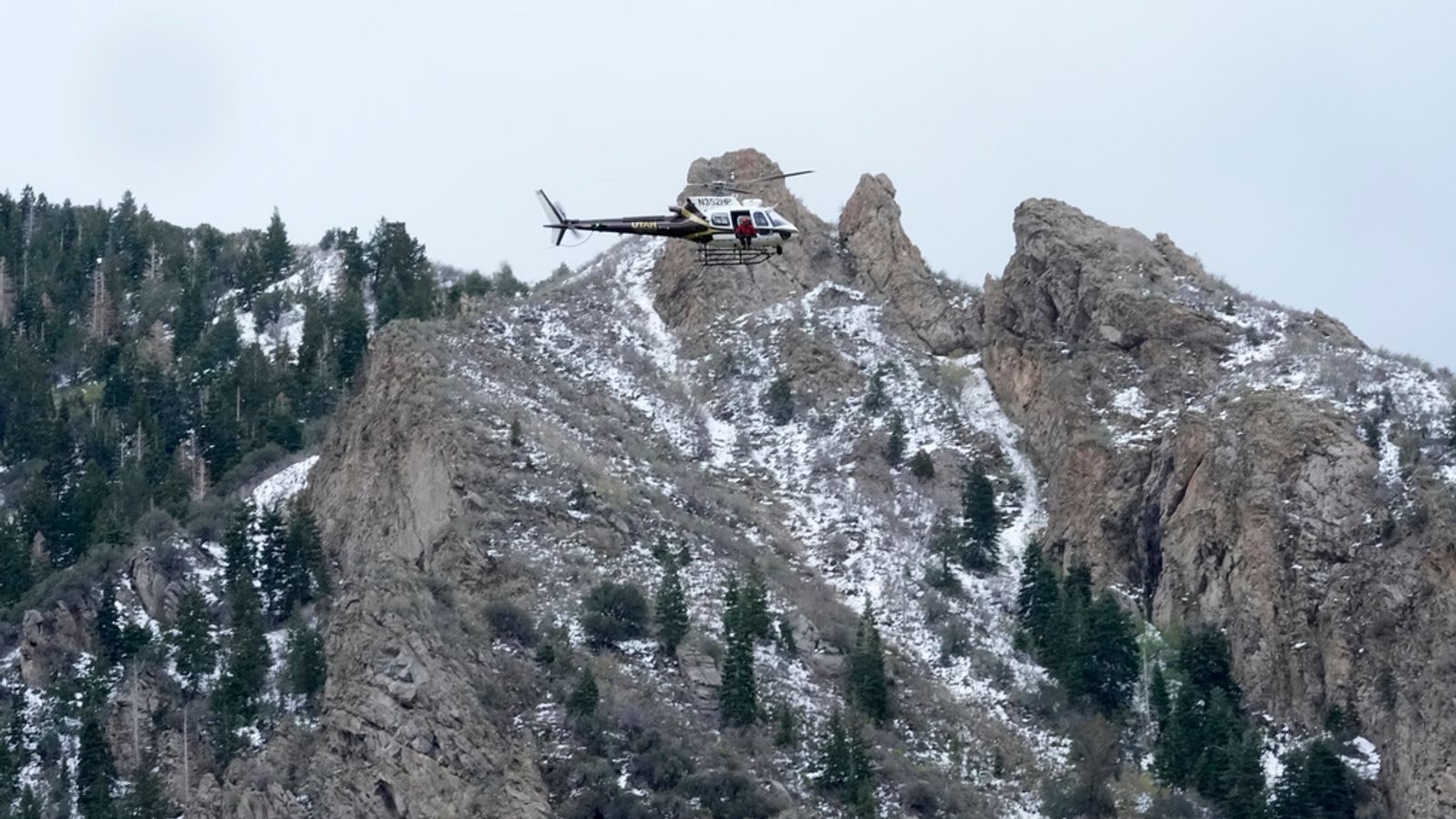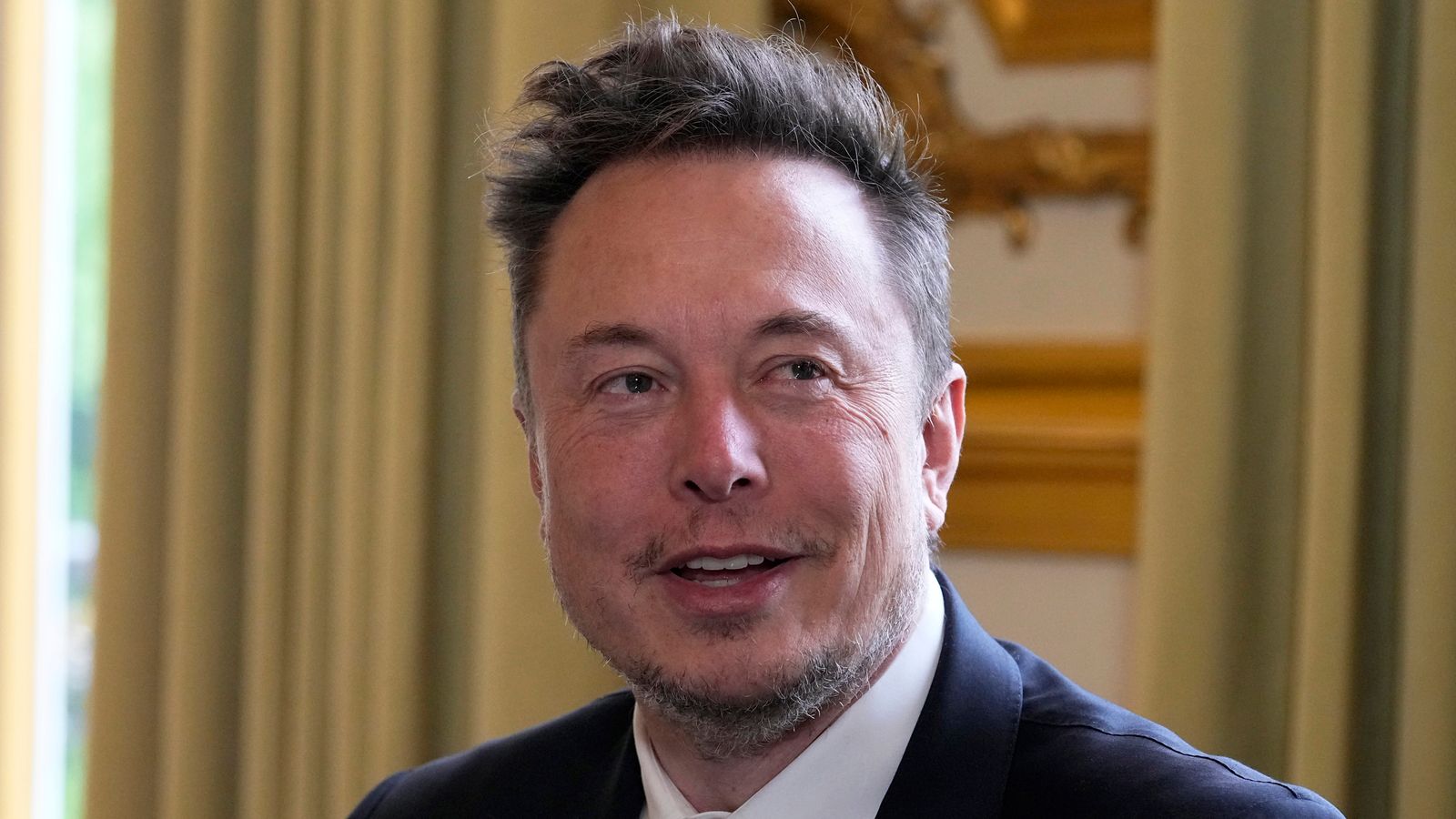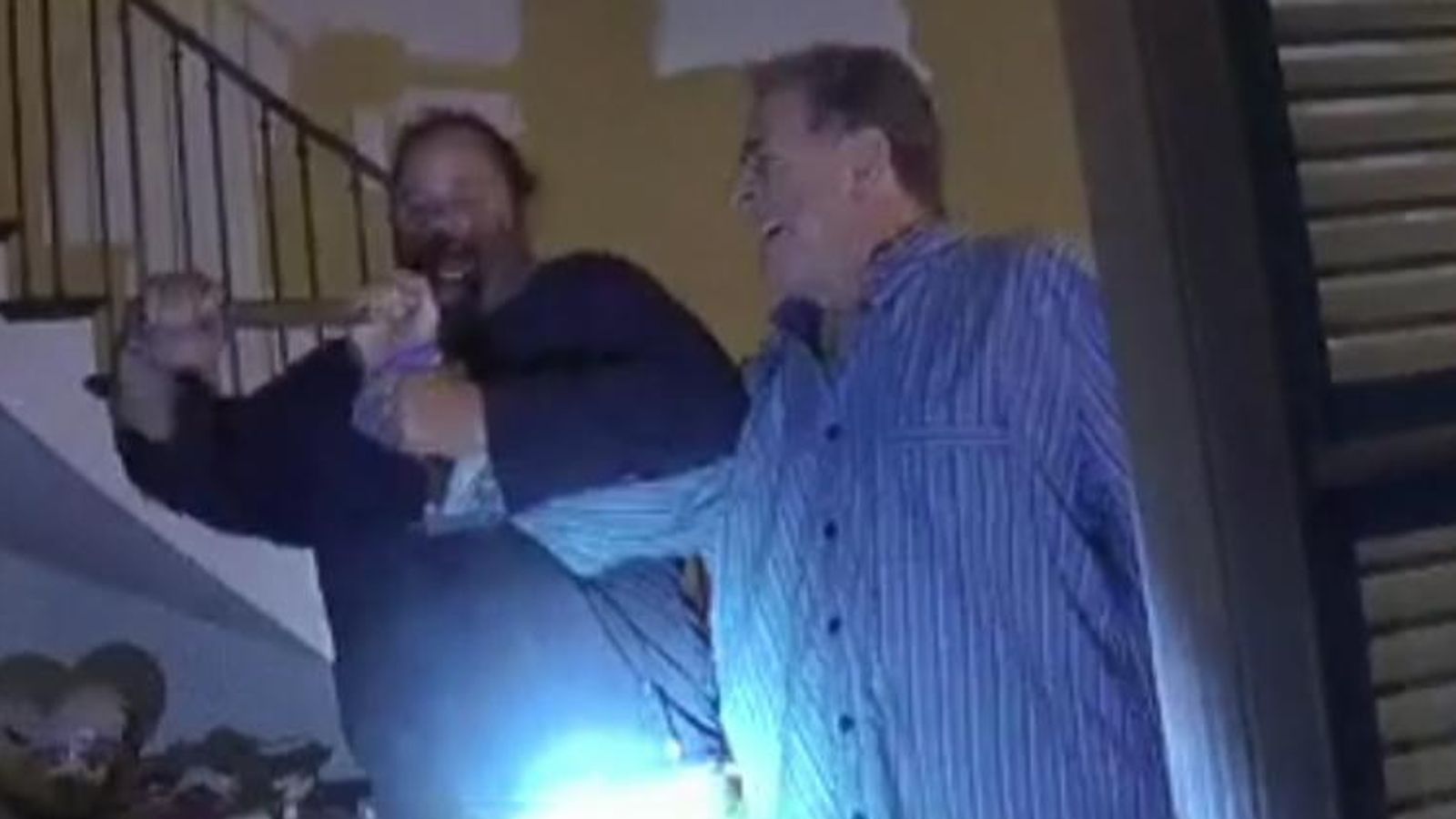Two weeks after the largest anti-government demonstrations in decades in Cuba, activist groups say more than 500 protestors are still missing.
Thousands of people across the island marched through the streets in several towns and cities on 11 July, calling for democracy and sweeping economic reform in the country amid major food and medicine shortages.
Scores of people were arrested by plain clothes police officers and many families say they still haven’t heard from their loved ones or been informed of their whereabouts.
Sky News is unable to independently verify the figures of the missing but the lawyers’ group Cubalex says hundreds of people, many of them teenagers, have been detained.
Katiuska Mustelier Sosa is a Cuban exile living in Miami and says her brother, Enrique, has not been seen by friends or family on the island since he attended a protest in Guantanamo.
Katiuska shared a video with Sky News, filmed by another protestor, showing Enrique, 38, marching through the streets chanting “libertard!” meaning freedom.
She believes he was arrested shortly afterwards and is now being held at a state security prison although she does not know exactly where.
“My family hasn’t been able to see him. We’re very worried, because we don’t know what state he’s in,” she said “we worry he has been beaten.”
The family fears history might be repeating itself because 14 years ago Katiuska’s father, a political prisoner, disappeared from jail with just two months left on his sentence. She moved to Miami four years ago but two of her three children, Sarai, 11, and Daniel, 15, remain in Cuba.
“It is better for me to be here so I can send money back and they can eat,” she said, “I’m very worried for my brother – but I’m also worried for my family and my kids too. They’re very scared, they say ‘mum we’re worried you’re going to say too much over there, and then we won’t be able to see you again’. They’re really scared, because the regime is capable of doing whatever they want against us, that’s for sure.
“I think this is the beginning of an uprising, but I know it won’t be easy. Because this government – this dictatorship – will not abandon power,” she added, “For this reason we need international help and support.”
Janniset Rivero, a spokesperson for the Center for a Free Cuba based in Washington DC, believes more than 500 protestors are missing and says many have been convicted in summary trials with no defence present. “It is much more than that because they are continuing arresting people now,” she says, “in Cuba there is no rule of law. Those trials are illegal and the families haven’t even been able to see the accused.
“The regime is afraid of the people because people have gone to the streets to shout freedom so they are now trying to exert control over the population.”
The Cuban government claims there is a disinformation campaign surrounding the protests.
Carlos Fernandez de Cossio, General Director for the US Division of Cuban Ministry of Foreign Affairs, said summary trials that protestors in Cuba are receiving are not unfair and that they are receiving counsel.
“It is part of the Cuban criminal system as it is part of the criminal system of many countries,” he said, “and there’s nothing unfair or extraordinary about it. It is part of the many lies that are being disseminated in Cuba.”
In Little Havana, the heart of Miami’s Cuban community they have witnessed ill-fated attempts to overthrow the communist government but many believe this time is different. Ramon Saul Sanchez left Cuba at 12 years old and has devoted his life to fighting the government from Miami. He thinks the use of social media with protestors filming and broadcasting themselves online is a fundamental difference to previous uprisings.
“This is why the regime immediately turns off internet when there has been a revolt,” he said, “What they’re doing right now is slowing it down so pictures and videos can’t be sent so easily. If we had social media 20 years ago what we’ve seen now probably would have happened then.”
There haven’t been any widespread protests in Cuba since 11 July and Sanchez believes that although people may not take to the streets again today or tomorrow, they will eventually. “I now believe I will be able to return to Cuba again in my lifetime,” he says.





